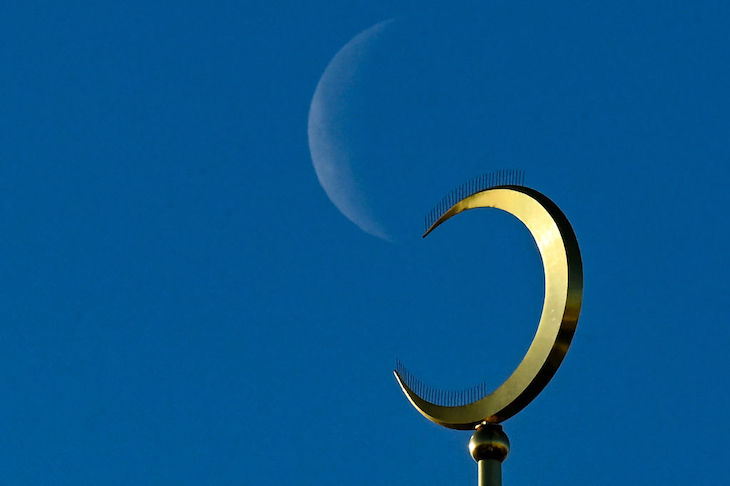The term ‘Russians’, which the world likes to use for the 144 million citizens of my country, is often a misleading one. Granted, in the 2020 census, 71 per cent of those surveyed identified themselves with this label, with only three ethnic groups coming in above one per cent: Tatars (3.2 per cent), Chechens (1.14
Already a subscriber? Log in
Subscribe for just $2 a week
Try a month of The Spectator Australia absolutely free and without commitment. Not only that but – if you choose to continue – you’ll pay just $2 a week for your first year.
- Unlimited access to spectator.com.au and app
- The weekly edition on the Spectator Australia app
- Spectator podcasts and newsletters
- Full access to spectator.co.uk
Or




















Comments
Don't miss out
Join the conversation with other Spectator Australia readers. Subscribe to leave a comment.
SUBSCRIBEAlready a subscriber? Log in